Vietnamese billionaire Pham Nhat Vuong wants to make VinFast Auto into a viable global electric vehicle brand. But its journey so far has been bumpy.


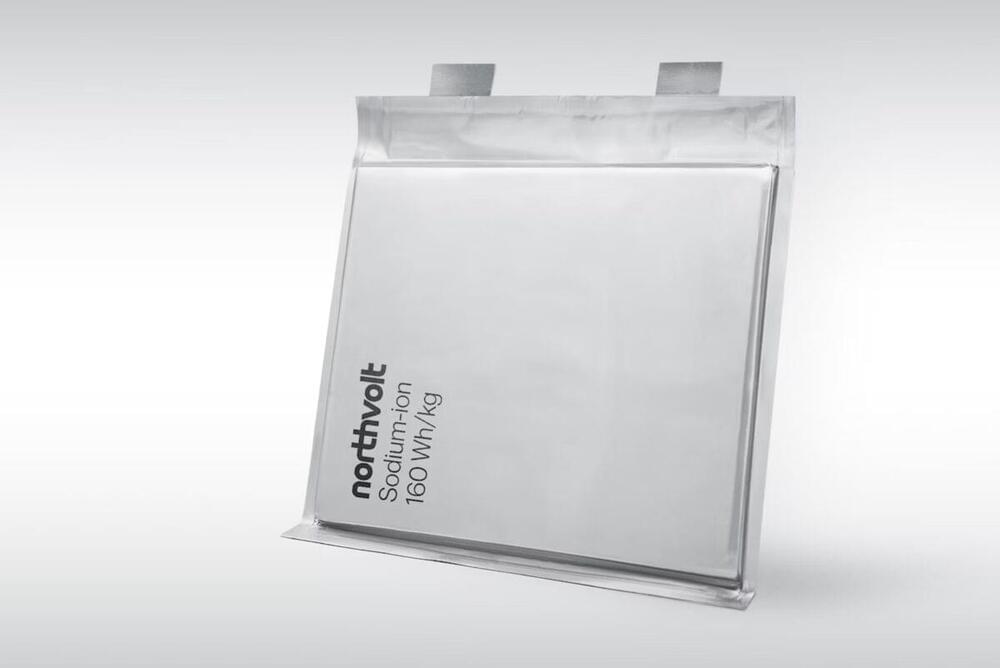

Tesla has made its original Roadster design and engineering “fully open source” and released R&D documents accessible to everyone.
The original Tesla Roadster hasn’t been in production for more than a decade now, and we are still waiting for the new generation that was unveiled all the way back in 2017 and has been delayed several times since.
The vehicle has become quite rare.

At this point, Nvidia is widely regarded as the 800 pound gorilla, when it comes to silicon and software for artificial intelligence.
Beyond AI, as I mentioned previously, all of Nvidia’s BUs realized quarterly growth. Though its Automotive group rose a modest 3% to $261M, the company’s automotive design win pipeline is projected at $14 billion in new business (numbers soon to be updated). Automotive design wins have a longer gestation period, and the company has noted that this revenue impact opportunity will begin materializing in 2024 and beyond. Shifting to Nvidia’s Professional Visualization business unit, sequential growth of 9.8% to $416 million was achieved, while the company’s OEM And Other business grew 10.6% to $73 million. Finally, Nvidia’s Gaming group delivered $2.856 billion for the quarter, compared to $2.49 billion in its previous Q2 quarter (up about 15%), and $2.24 billion quarter on quarter from a year ago. Here again, the company’s gaming GPUs and software are widely respected as the performance and feature leaders currently in the PC Gaming industry, though its chief rival AMD is beginning to execute better with its Radeon product line, along with its potent Ryzen CPUs as a 1–2 punch platform solution.
Moving forward, the company guided for a nice round $20 billion for its Q4 FY24 number, representing a projected 11% sequential gain. There will be a bit of headwind of course, from competitors like AMD that is expected to deliver its MI300 GPU AI accelerators in December at its Advancing AI event. That said, it’s going to be a tough slog for all competitors, due to Nvidia’s long-building inertia as the clear leader and incumbent in AI. Another component of the company’s data center silicon portfolio is just coming online now as well, with its Grace-Hopper combined CPU-GPU Superchip, competing for host processor AI data center sockets, which Huang noted is “on a very, very fast ramp with our first data center CPU to a multi-billion dollar product line.”
Any way you slice it, there’s no stopping Nvidia from this level of growth for the foreseeable future, as AI adoption tracks a similar curve. The company continues to execute like a finely tuned machine, and the numbers, as they say, don’t lie.
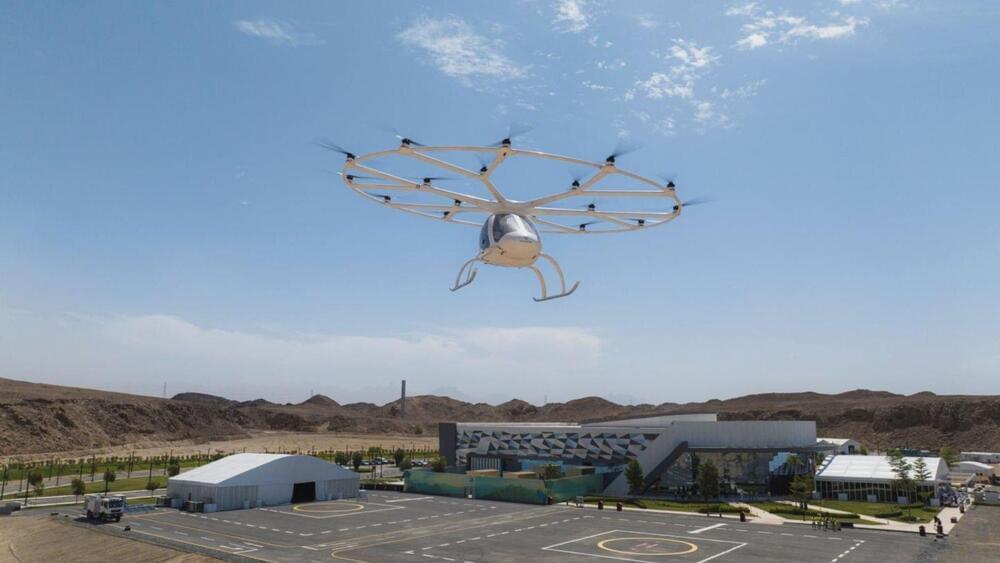
Volocopter plans to focus on cities expediting infrastructure, routes, regulations, and digital networks, highlighting global economic uncertainties and the crucial role of local partners.
Volocopter.
The eagerly anticipated initiative has been paused due to challenges in securing local partners willing to share the financial responsibility for the cutting-edge technology involved.
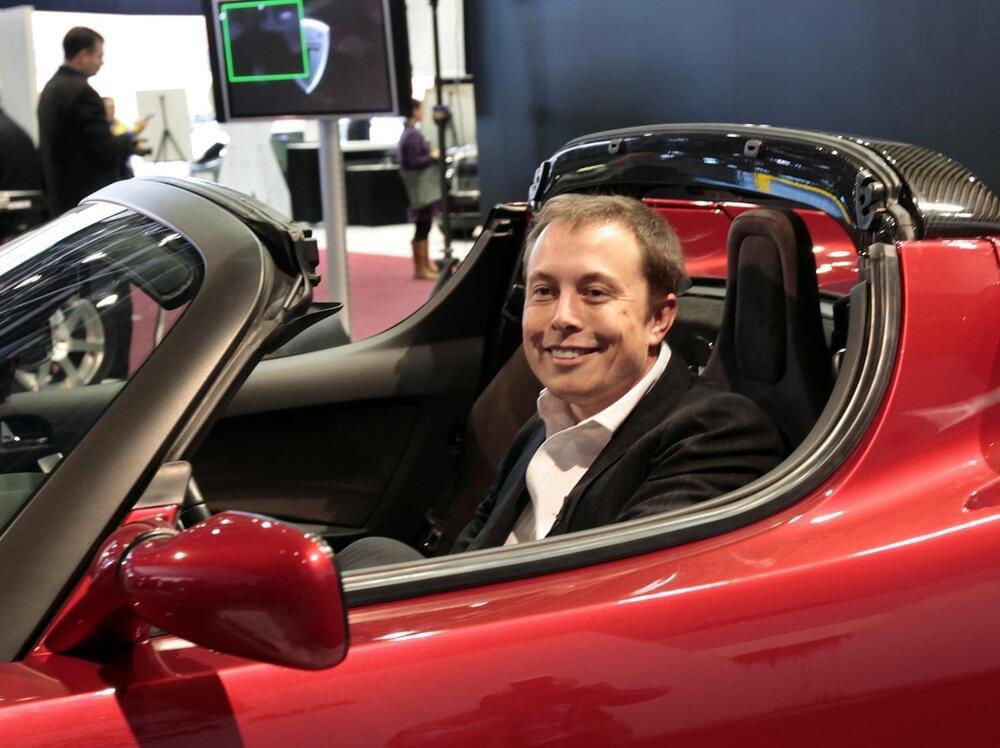
Tesla has open-sourced all of the design and engineering of the original Roadster, CEO Elon Musk announced today, and plenty of people are wondering if the timing of the release has anything to do with the next-gen Roadster that is now several years behind schedule.
Tesla has opened everything from Owner’s Manuals to Circuits and Connectors for the original Roadster, which was the automaker’s first project fifteen years ago in 2008.
The vehicle was essentially a fundraising campaign for Tesla as it fought to keep its doors open and transform the passenger vehicle industry. It almost bankrupted the company, but now, everything that was developed for Tesla’s initial EV project is available for anyone to take a look at.
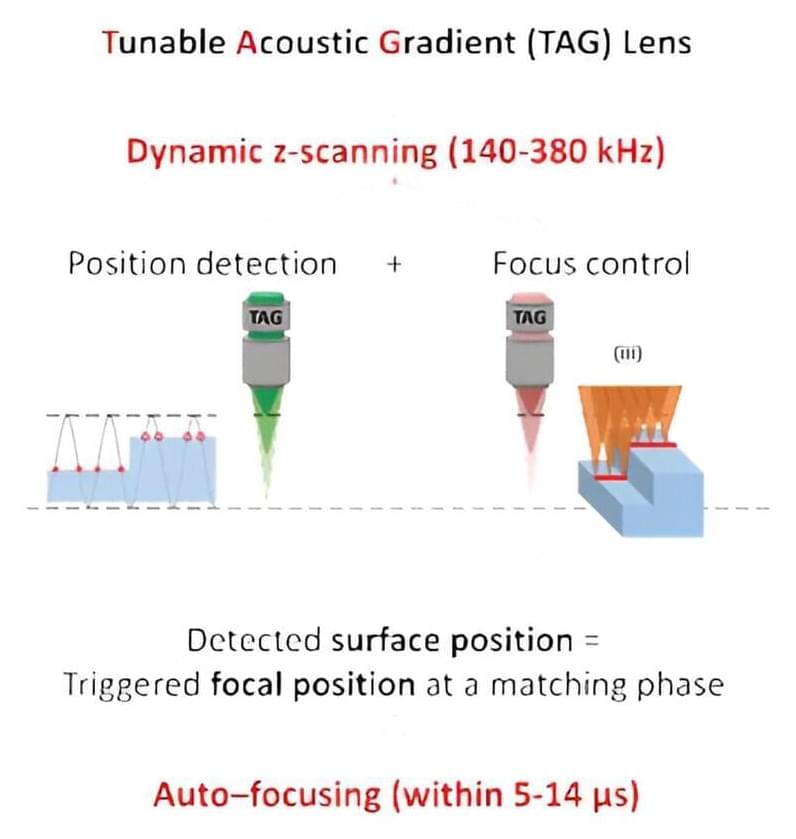
In laser-based manufacturing, accommodating non-flat, or changing surfaces has traditionally been labor-intensive, involving complex focus mapping procedures and or ex-situ characterization. This often results in repositioning errors and extended processing times.
To address these issues, ultra-high-speed auto-focusing in laser processing has been developed. Whereas most auto-focusing techniques still require the mechanical motion of a motorized stage. This mechanical movement in the beam propagation axis can be significantly slower than the lateral speed, slowing down the process of surface detection and re-alignment. Furthermore, it requires feedback, control, and sensing methods in order to determine the optical focal position.
In a new paper published in Light: Science & Applications, a team of researchers, led by Professor Craig B. Arnold from the Department of Mechanical and Aerospace Engineering at Princeton University, U.S., developed a fast method to simultaneously track the specific location of a surface and adjust the focus of an optical system. They employed axial varifocal optics, specifically a TAG lens, which operates at 0.1−1 MHz, bypassing delays from the mechanical motion in the beam propagation direction.
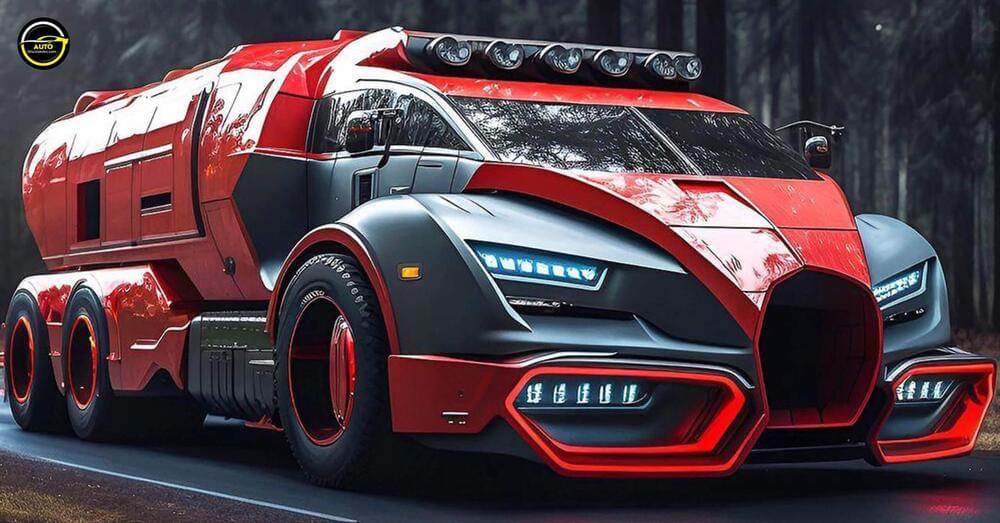
The Bugatti Concept by FlybyArtist is a futuristic vehicle that combines the best of both worlds – beast trucks and semi-trucks. It’s an innovative design designed to provide a smooth and comfortable ride while still being able to handle rugged terrain. The concept features a sleek, aerodynamic design with an advanced suspension system. It also includes several unique features such as active safety systems, adaptive cruise control, and autonomous driving capabilities. This concept is sure to revolutionize the way we drive in the future!
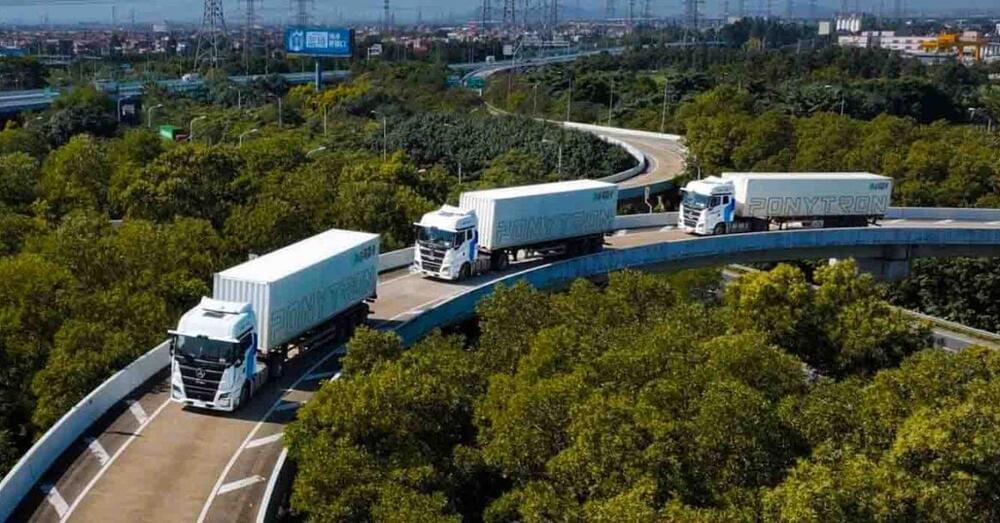
After years of expanding autonomous robotaxi rides throughout China, self-driving specialist Pony.ai continues to scale its technology in another segment – commercial trucks. Today, the company announced it has acquired the first ever license in Guangzhou, China to begin testing its autonomous truck technology on open roads in packs formations.
Pony.ai Inc. is a technology company founded over seven years ago that specializes in fully-autonomous mobility. Its robotaxi development has been supported through partnerships with global OEMs like Toyota, GAC Group, and NIO Capital, helping it become one of the early leaders of completely driverless rides throughout several cities in China.
For example, since the launch of its robotaxi app in December 2018, Pony.ai has become the first to commercialize autonomous taxi services in the Chinese cities of Beijing and Guangzhou and one of the first companies licensed to operate in other tier-1 cities, such as Shanghai and Shenzen. It has also expanded US cities like Tucson, Arizona and even signed a partnership to bring its technology to the futuristic urban development NEOM in Saudi Arabia.
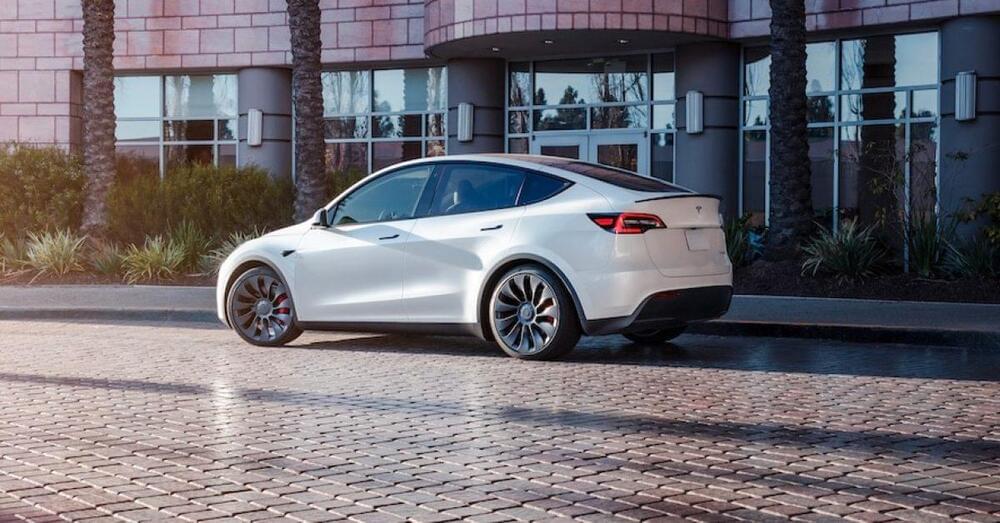
Tesla has started discounting new inventory Model Y and Model 3 vehicles again in an apparent new end-of-quarter delivery push.
While Tesla has historically often used price reductions as a way to create demand, but until recently, the automaker has refrained from straight discounts on vehicles.
That changed when Tesla started discounting new inventory vehicles earlier this year.